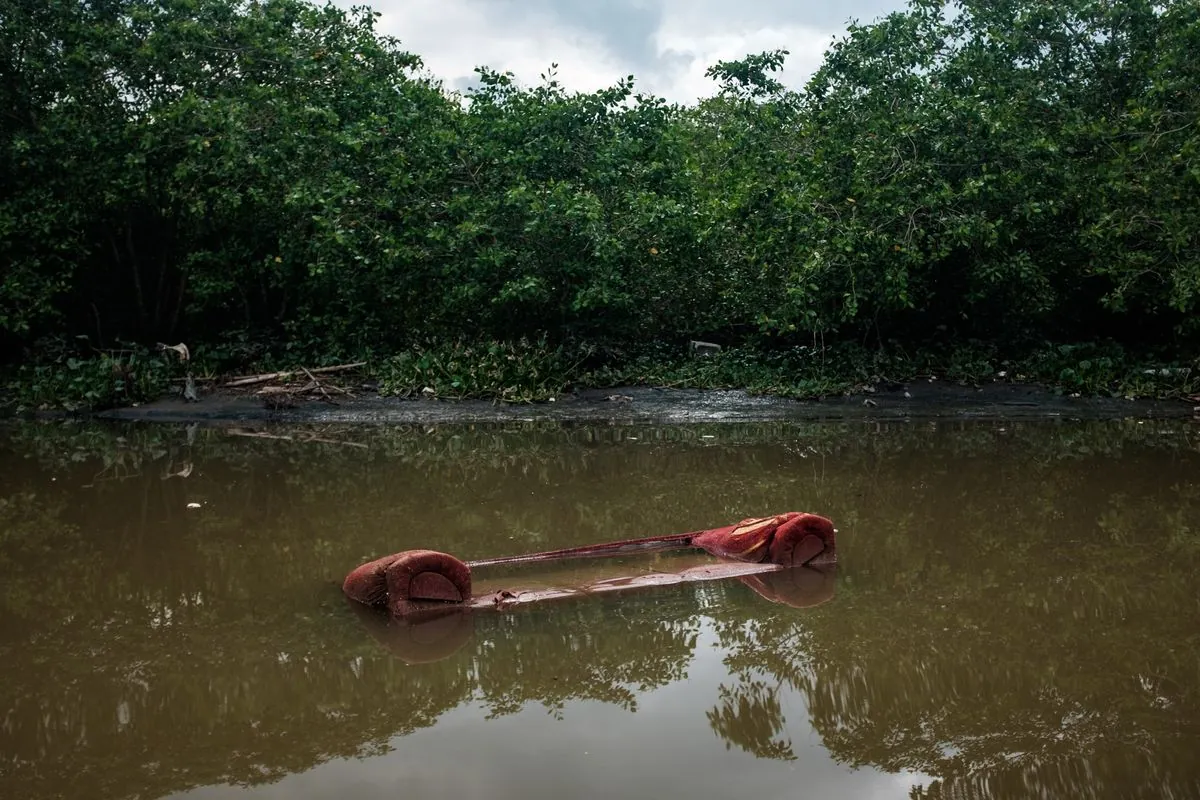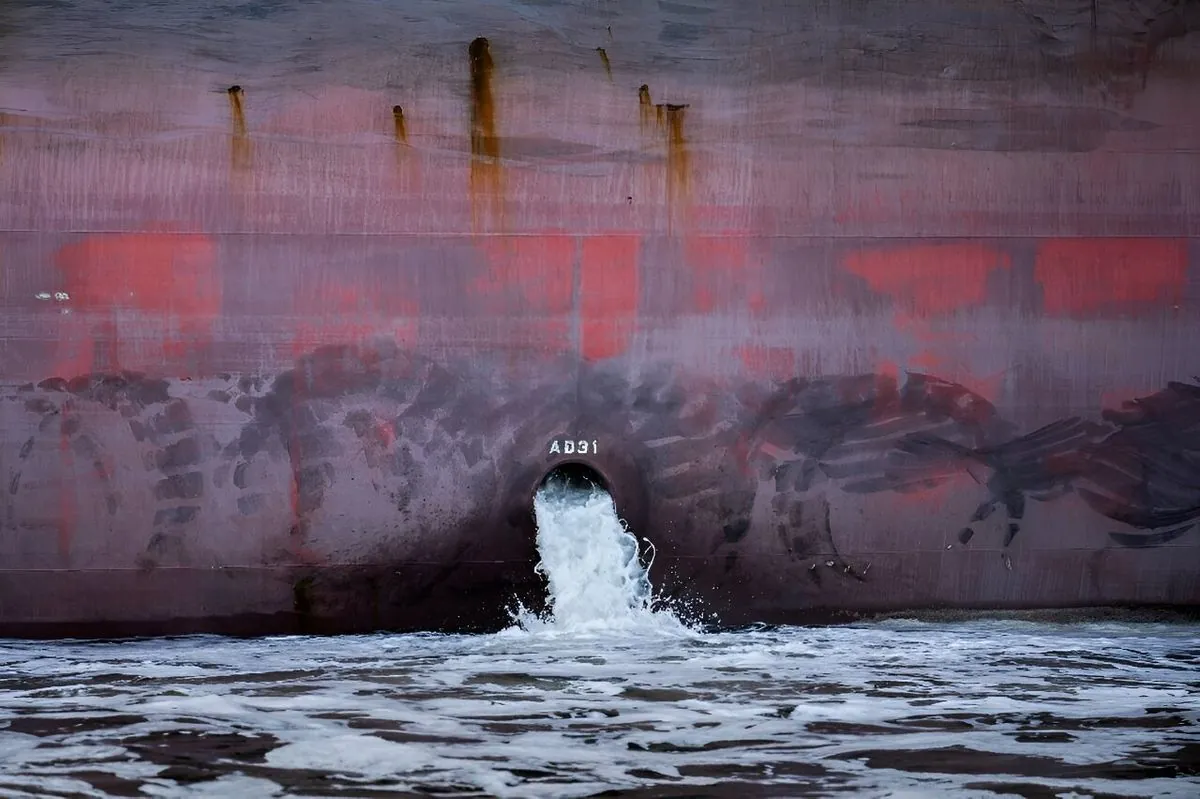Rio's Guanabara Bay: New App Empowers Locals to Combat Pollution
Environmental groups launch app for reporting pollution in Rio's Guanabara Bay. Local fishermen and residents use "De Olho na Guanabara" to document oil and chemical spills, aiding conservation efforts.

In a significant move to address environmental concerns, non-governmental organizations have introduced a digital tool to combat pollution in Rio de Janeiro's iconic Guanabara Bay. The app, named "De Olho na Guanabara" (Eye on Guanabara), enables local fishermen and residents to document and report instances of oil and chemical contamination in the waters surrounding one of Brazil's most recognizable landscapes.
Launched in late July 2024, the app is the result of a collaborative effort between 350.org and the Association of Men and Women of the Sea of Guanabara Bay (Rede Ahomar). This initiative aims to protect the bay, which has been a UNESCO World Heritage site since 2012 and covers an expansive area of 412 square kilometers.

The app's development comes after a prolonged period of environmental degradation in Guanabara Bay, which has faced severe pollution issues since the 1950s. Despite its rich biodiversity, hosting over 200 fish species and endangered wildlife like the Guiana dolphin, the bay's ecosystem has been under threat from industrial and urban waste.
Alexandre Anderson de Sousa, president of Rede Ahomar, stated that the app underwent extensive testing for over two years before its public release. The platform allows users to share photos and videos of suspected pollutants, which are then analyzed and reported to relevant authorities.
Luiz Afonso Rosario, campaign coordinator from 350.org, emphasized the broader implications of the initiative:
"Each report on the app is an alert to the entire Brazilian society that one of its postcard landmarks is dying to feed an outdated fossil fuel production system, which, on top of it, also worsens the climate crisis."
This statement underscores the dual challenge of preserving local ecosystems while addressing global climate concerns.
The app's launch has seen encouraging engagement, with 70 registered users and 153 submitted reports as of early September 2024. Of these, 27 have been verified and made public, demonstrating the tool's potential for raising awareness and facilitating action.
While the app focuses on current pollution, it's worth noting the bay's historical significance. Discovered on January 1, 1502, by Portuguese explorers, Guanabara Bay has played a crucial role in Brazil's colonial history and continues to be an important economic hub with several ports and industries.
In response to the ongoing environmental challenges, Giselle Menezes, water quality manager at Rio de Janeiro's environmental institute (Inea), reported progressive improvements in certain areas of the bay. These positive changes are attributed to investments in basic sanitation infrastructure, a focus that intensified in preparation for the 2016 Rio Olympics.
Encouragingly, recent scientific observations have noted improvements in the health of sea turtles in the area. These creatures, which have long struggled with a debilitating tumor disease, are showing signs of recovery, offering a glimmer of hope for the bay's ecosystem.
As efforts to restore Guanabara Bay continue, the "De Olho na Guanabara" app represents a innovative approach to environmental conservation, combining community engagement with digital technology to protect one of Brazil's most treasured natural landmarks.


































